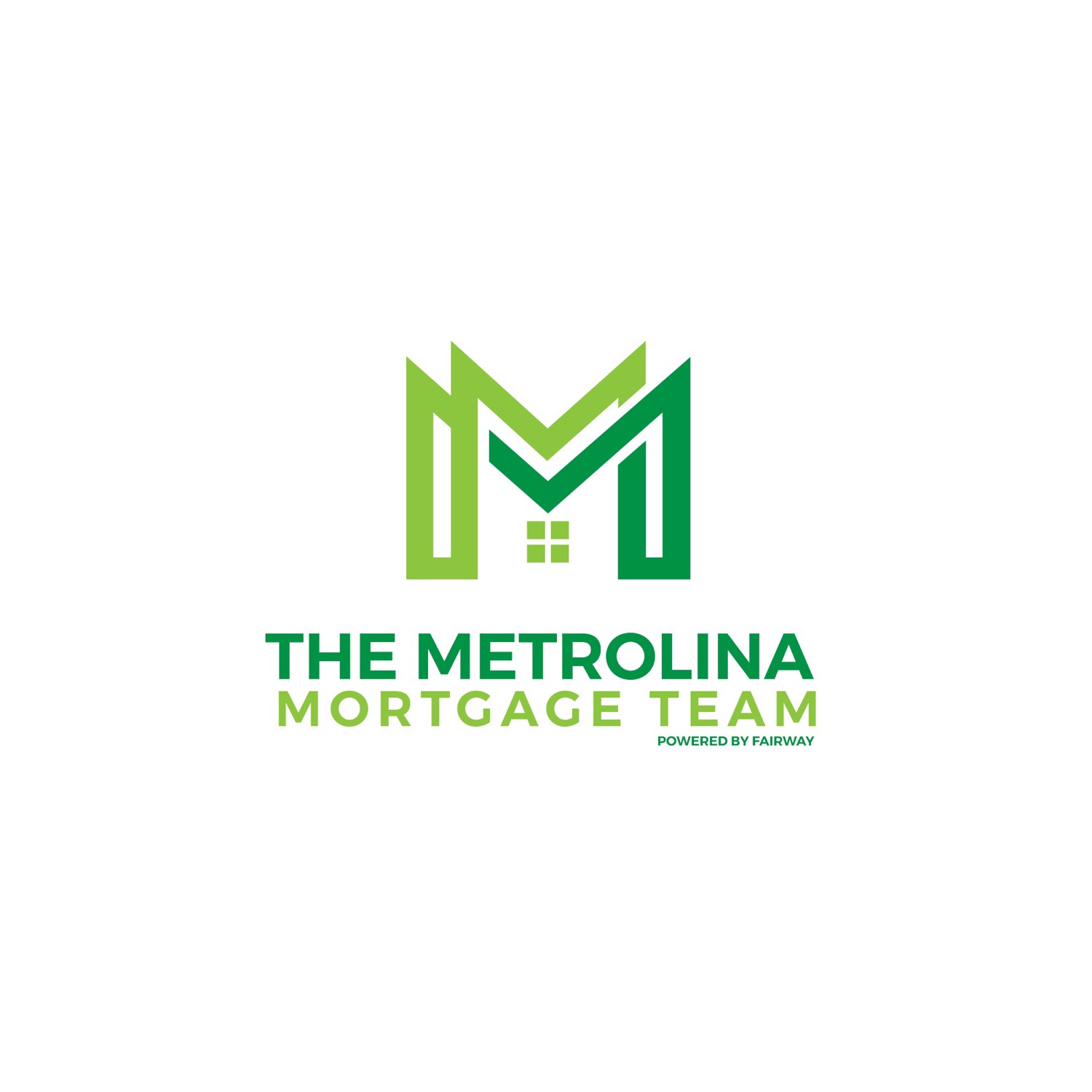Using Crypto in the Mortgage Process: What’s Allowed Now, What’s Changing, and How to Do It Right
- Trevor Higgins
- Oct 20, 2025
- 3 min read

Conventional loans (Fannie/Freddie): You can use crypto only after you convert it to U.S. dollars and park it in a U.S.-regulated financial institution—with full documentation. Fannie Mae Selling Guide
A 2025 policy shift is coming: FHFA has directed Fannie Mae & Freddie Mac to explore counting certain exchange-held crypto as reserves without conversion. Until their guides change, current “convert to USD” rules still apply. Associated Press+1
Non-QM / crypto-backed loans: Niche lenders (e.g., Milo) let you pledge Bitcoin/Ether as collateral—no sale required. Trade-offs: pricing, program availability, and collateral/volatility risk. Milo+2HousingWire+2
Closings & title: Some title/escrow firms accept crypto via payment processors (often auto-converted to USD behind the scenes). BitPay+1
Can I use crypto for a conventional mortgage right now?
Yes—after conversion. Fannie Mae’s Selling Guide explicitly says virtual currency is acceptable for down payment, closing costs, and reserves once it’s exchanged to U.S. dollars, verified in USD, and held at a U.S. or state-regulated financial institution. It cannot fund earnest money directly. You must document the exchange and the large deposit. Fannie Mae Selling Guide
Freddie Mac’s Seller/Servicer materials treat cryptocurrency as funds that must be converted to USD if used for down payment or reserves and generally may not be counted as income/reserves in crypto form. (Freddie’s assets sections reference crypto and require eligibility/documentation per 5501.3; industry summaries clarify the conversion requirement.) Freddie Mac Guide+2Freddie Mac Guide+2
FHA/VA: Guidance is similar in practice—borrowers may use proceeds after conversion to USD, subject to standard sourcing/seasoning rules. FHA
What’s new in 2025?
Policy direction: In June 2025, FHFA instructed the GSEs (Fannie/Freddie) to consider ways to treat certain exchange-held crypto as reserves without requiring conversion—limited to assets custodied on U.S.-regulated, compliant exchanges. This is a big signal of growing acceptance, but it isn’t live until the Selling Guides are updated. Track announcements; until then, assume the “convert to USD + document” rule. Associated Press+1
What about Non-QM and crypto-backed mortgages?
Outside the agency box, specialty lenders offer crypto-collateralized mortgages (e.g., pledge BTC/ETH to qualify—no sale). Some advertise up to 100% financing with digital assets held by institutional custodians. Understand the trade-offs: higher/non-QM pricing, program caps, margin-call risk if crypto falls, and state availability. Milo+2HousingWire+2
Can I send crypto to the title company?
Sometimes. A growing list of real-estate and title firms accept crypto through processors like BitPay, which typically convert to USD for settlement. This can simplify the experience if you want to use crypto proceeds for your cash to close, but it does not change conforming loan rules—you’ll still need the standard paper trail. BitPay+1
Exactly how to use crypto for a mortgage today (step-by-step)
Plan the paper trail: Use a KYC/AML compliant exchange and a U.S. bank account.
Convert to USD: Sell the needed crypto amount; capture transaction history (wallet → exchange → USD).
Move funds to your bank: Deposit to a U.S. or state-regulated institution; keep statements showing the transfer.
Season if possible: Many lenders scrutinize large deposits—longer runway = fewer conditions.
Avoid crypto for earnest money: Wire USD from your bank to stay inside guide rules. Fannie Mae Selling Guide
Risks & reality check
Volatility: Converting during a drawdown can shrink your cash to close; collateralized loans can face margin calls. Milo
Documentation: Lenders need the source-of-funds chain—wallet records, exchange receipts, and bank statements. Fannie Mae Selling Guide
Guide vs. headlines: A federal directive doesn’t change underwriting until the Selling Guides update. Keep expectations aligned. Associated Press
Where acceptance is growing
Regulated treatment: The fact that FHFA asked GSEs to explore counting compliant, exchange-held crypto as reserves is a watershed moment—even if it’s not live yet. Associated Press
Non-QM innovation: Crypto-backed mortgages and expanded custody/integration continue building a path for digital-asset holders. Milo+1
Settlement rails: Title/escrow adoption via payment processors expands optionality at closing without forcing you to personally juggle conversions. BitPay
FAQs
Can I use Bitcoin directly for my down payment?
For conforming loans, no—convert to USD first, document it, and deposit into a U.S. financial institution. Fannie Mae Selling Guide
Will Fannie/Freddie soon count my crypto as reserves?
FHFA has directed them to explore it, but it isn’t live until guide updates are published. Watch for official Selling Guide changes. Associated Press
Are crypto-backed mortgages legit?
They exist in the Non-QM space (collateralized by BTC/ETH). Review pricing, custody, LTVs, and margin-call policies carefully. Milo
Does FHA allow crypto?
You may use converted USD proceeds that you can fully source and verify. FHA



Comments